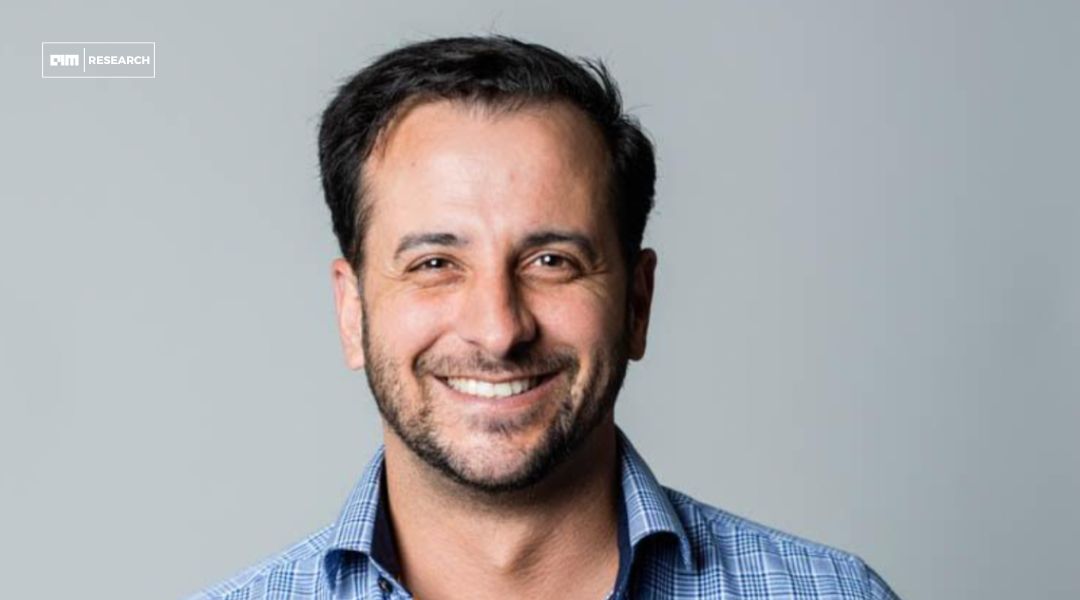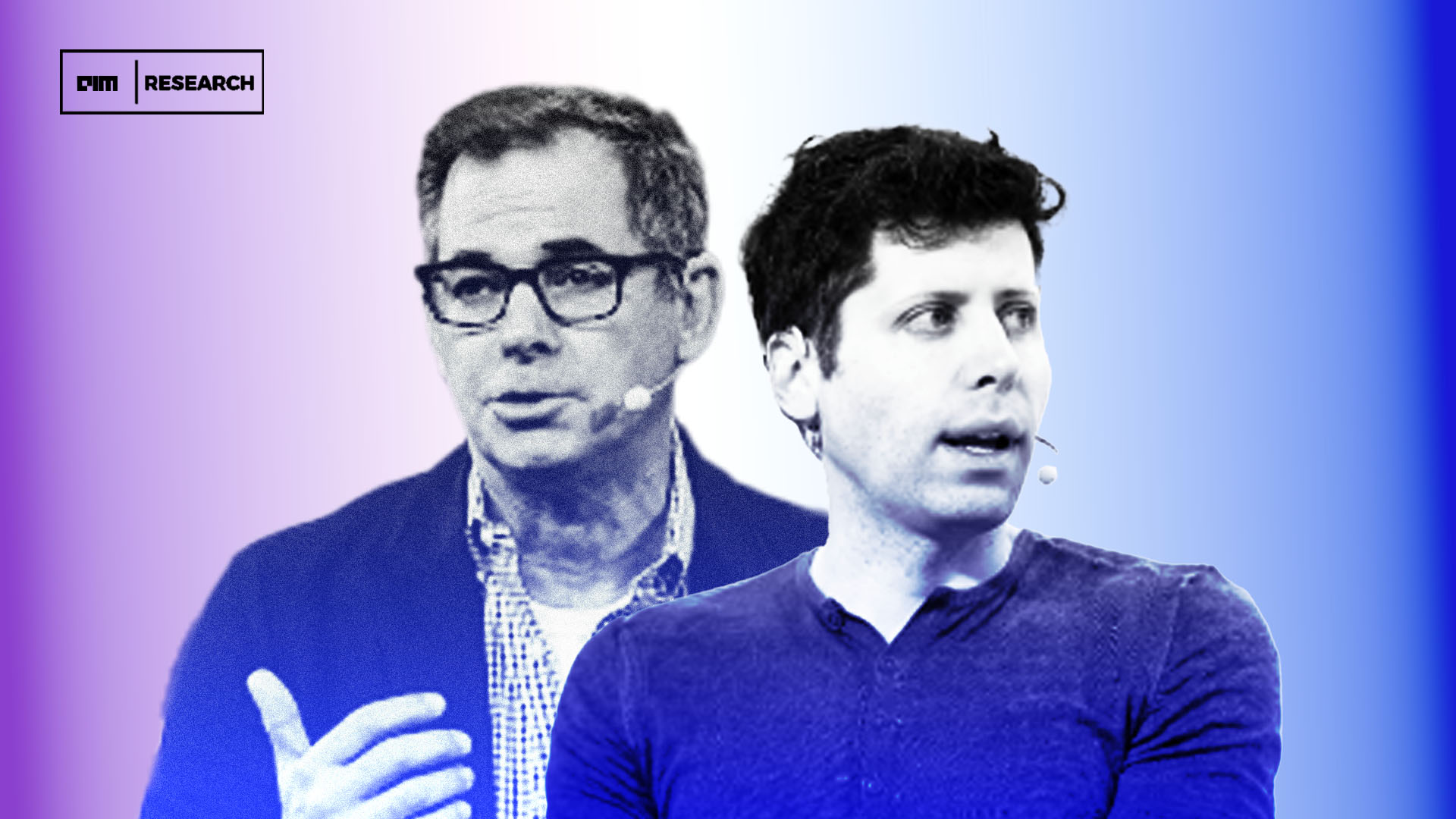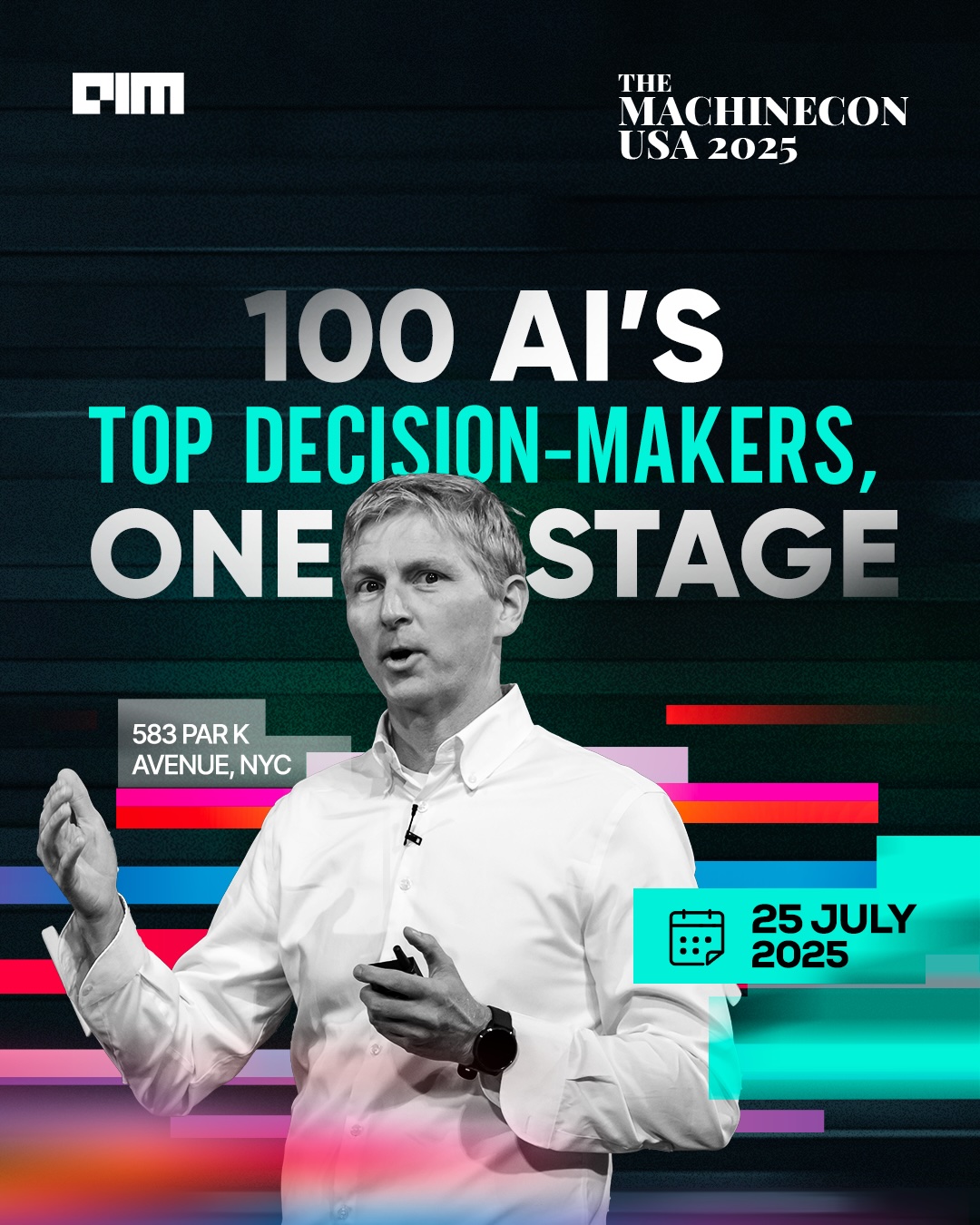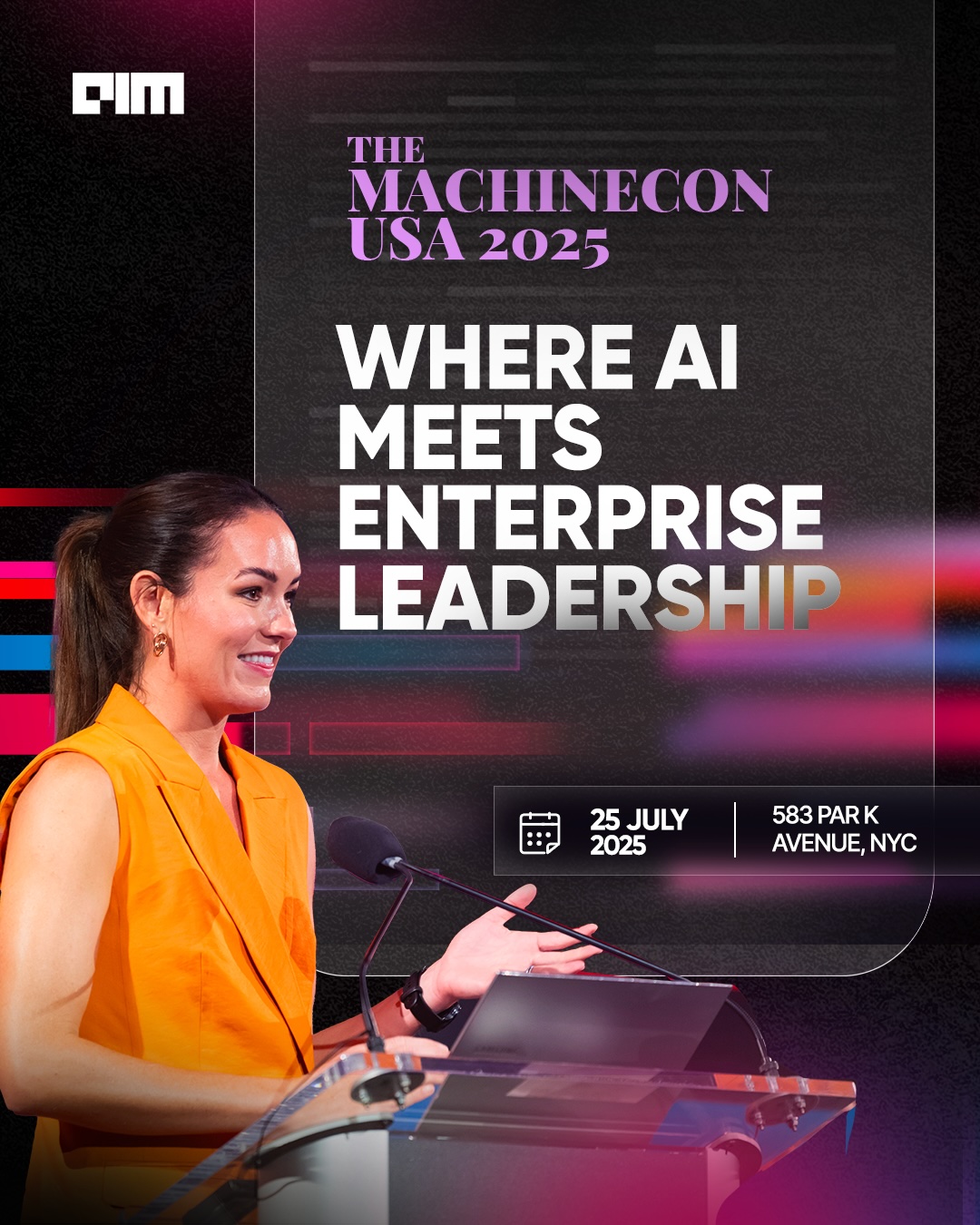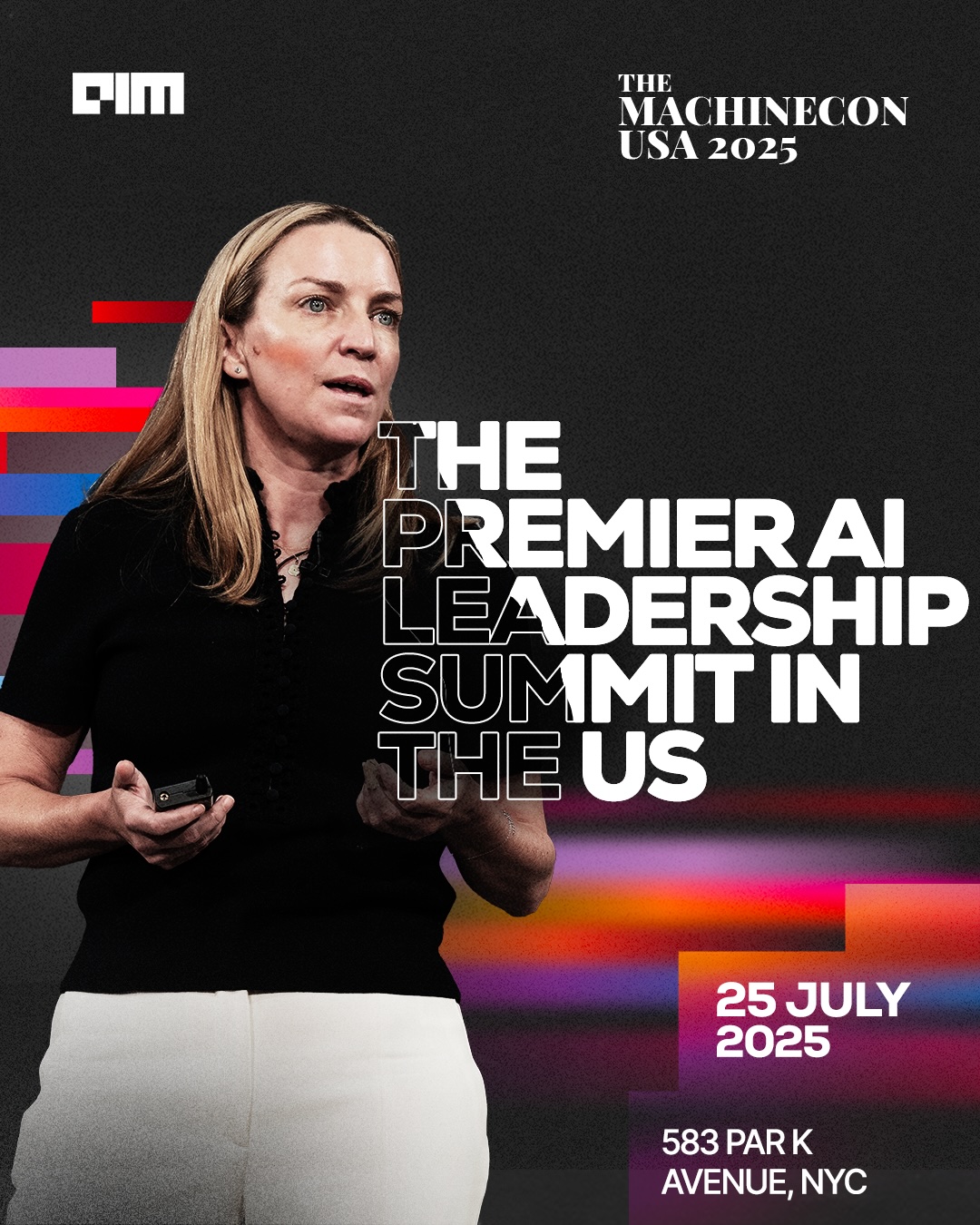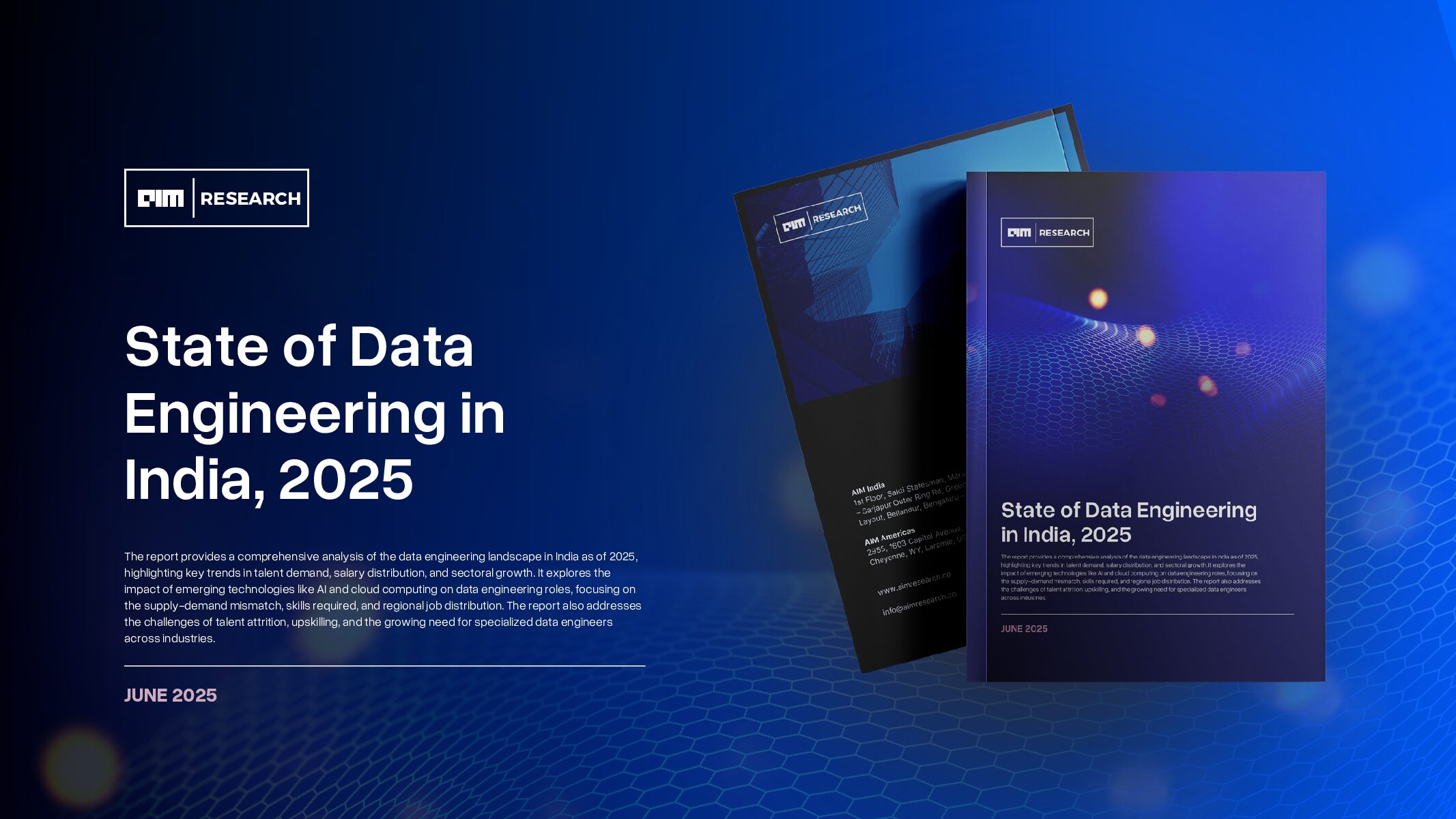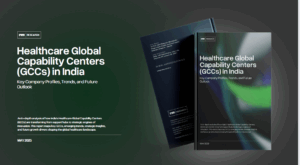Generative AI stands at the forefront of transformative innovation, reshaping the landscape of businesses worldwide. Its remarkable potential has sparked intrigue among leaders, prompting a quest to understand its profound impact on driving innovation. During the CDO Vision Dubai, we had the opportunity to know more about this topic from Bart Pietruszka, Chief Data and Analytics Officer.
Bart is a dynamic Data & Analytics executive and AI expert with over 15 years of international experience, a decade of which was dedicated to the Middle East region. With a profound passion for harnessing the power of data and artificial intelligence, Bart combines a keen commercial acumen to drive revenue, growth, and innovation within organizations. A strong advocate for cultivating a positive work culture, empowering individuals, and promoting ethical practices in both business and AI, Bart serves as a catalyst for positive change in the organizations he leads. Beyond his executive role, Bart actively invests in high-potential ventures that align with his visionary outlook for the future. Furthermore, he offers his invaluable expertise as an advisor and consultant, guiding organizations and individuals on their journey to success.
AIM: What was the ‘aha’ moment that led you to recognize the immense potential of generative AI in driving business innovation, and how did it inspire your journey in this exciting field?
Bart Pietruszka: When it comes to my first AHA moment when I was really surprised with the use of AI was I remember I was participating in a similar event a couple of years back and there was a gentleman he was providing the metro tube with the AI solution that was able to anticipate the traffic and anticipate where potential blockages could appear in the tube during the rush hours. And it was not something that I have seen before in terms of the analytic solutions data applications. But it was a real AI solution that was based on machine learning and traffic based on millions of data points that they’ve gathered historically. And they were able now to extrapolate on the future and measure the live data as well. That was also a second shocker for me because they can process the live data with a delay of only 15 minutes. This was the moment that I remember when I realised things are changing and things are changing for good because the way we can start using data is no longer going to be a retrospective last month reporting but it’s going to be something that we can utilise in our daily decision making now.
AIM: In your experience, how have you navigated the challenge of ensuring that generative AI is adopted as a tool for innovation rather than viewed with skepticism or fear by your team, and what advice would you offer to fellow leaders facing similar hurdles?
Bart Pietruszka: The honest truth is I haven’t. My only advice would be don’t get frustrated if you haven’t gone through this level of skepticism. It’s going to stay with us because every tool that will be AI based will bring certain challenges to your business. So it’s firstly very difficult to explain how decisions are made based on something which is AI based. So in a heavily regulated environment that I’m in, it poses a significant challenge to explain why you have been pointed to a certain customer that is more prone to fraud than the other customer and explaining this to the regulators could be a huge challenge. So the level of skepticism will remain there.
And I think there are a couple of angles to that. One of the angles is let’s look at the chatbots, many people have been saying for years that chatbots are AI. They are not. So every time you call certain chatbots or type them and then you get frustrated with the responses they give you, that has actually caused harm to the growth of AI because you should never call them as AI solutions. Only the first large language models, LLM, have brought something which you could call a problem, probably a chatbot and probably some solutions that can be called an AI solution, but before that, there was nothing in place. So the level of skepticism will remain. The other thing I would like to highlight is companies very often are driven by costs and revenue.
So for that, you need to prove how AI solutions that you’re bringing are benefiting one of those aspects. So if they’re reducing costs, or if they’re increasing revenue, if they’re not doing any of those things, or they fail a couple of times, then this level of skepticism will remain. That’s the second thing. The third thing I would mention is some companies decide to go ahead and jump on board with the whole AI hype, but they don’t decide to invest a sufficient amount of money to make it work. And then they don’t see the benefits which in turn turns against them because they can see the benefits of the on the other hand, they haven’t invested enough.
So spend a dollar and get two dollars back. If they don’t do that, obviously they will not see the benefits. As a result, some companies that have invested enough funds into their project will succeed and those that haven’t, will not succeed and will decide not to use the AI and will kind of sideline it but it will not benefit.
AIM: Can you provide insights into the ways in which generative AI has redefined the relationship between your organization and your customers? How has it influenced customer experiences and engagement, and what lessons can others learn from your approach?
Bart Pietruszka: I can give you an example of the fraud tool that my team has built. But before that, I just want to make a comment, a caveat over here, and say that many companies use AI, some customers may not be able to say whether that’s AI or not that they’re using because a little bit is happening in the background. It’s on the upside, it’s on the IT side where you don’t necessarily see the improvements. However, there deserves to be improvements on the back of what’s happening. Now, from where I come from, my team was able to build a tool that was able to detect fraud before it happens.
That was obviously built on a data set of past fraud and past situations that have caused certain losses that required action going forward. So from a customer perspective, it didn’t change a lot, but from the operational perspective, it did help to make the place a more secure place to bank or a more secure place to put your wealth because you know suddenly there is a tool that can identify any of the risks or potential situations that can cause you to lose some of your funds. And if that’s no longer the case or if it’s mitigated, I would say that’s a huge success. But again, customers wouldn’t see that they wouldn’t know about this improvement.
However, when you’re on the internal side, you know what’s behind it, how much of the revenue has been saved. But if you look at the other companies like huge companies from the US, for example, ChatGPT, you can see how many people’s lives have improved on the back of it and whether you’re drafting emails, responses, making comparisons, it can help it’s not ideal, it still has to be prompted and corrected. But at least it’s got a certain way of expediting things in the organization. There is a question of security, of course, a couple of challenges that you have to consider but it’s definitely a step forward for the customer.
AIM: What are the most pressing ethical and risk considerations you foresee as AI continues to grow, and how should society collectively approach these concerns? Should there be a sense of shared responsibility and vigilance regarding the potential negative consequences AI could bring?
Bart Pietruszka: Should we have shared responsibility? I think we should, but I think it’s also a bit of idealistic thinking so it might not be the case in the future. Because some of the countries and I remember this graphic from visual capitalism that talks about the level of skepticism for AI across different geographies and you see that the more west you go, the more skeptical people are about the AI and the more East you are, let’s say, China or some of those geographies, people are thinking very positively and only positively about AI. So should there be regulations? There should be but I don’t think that there will be any global ones. I think they both should be balanced.
But from the ethical perspective, the first thing that comes to my mind is related to data privacy. We give a lot of information to such tools to keep making them better. The more they learn about us, the better they become. But it has certain risks, so you suddenly start saying about your job or even asking about medicine dosage or ask about the number of aspects. Suddenly aware of all your eating habits, medical issues, etc. So, data privacy should be at the forefront of any AI development and solution. The second one that I usually highlight, with my previous company, was a set of seven ethical rules for AI, which I think is a unique thing from a a marketplace perspective. And it’s a great thing to have but one of the points over there was to make sure that you have a clear purpose of why you’re using AI and what’s the client’s interest and not the company’s interest.
So if you start building the foundation of AI or the right ethical, ethical assumptions, I think you’re up to something good, but if you don’t embed them in the model, then you’re risking that at some stage it will turn against you. And I’m not talking about futuristic scenarios here. I’m just saying, based on the examples that we’ve seen in the past, where some initial AI models were released, and then people started abusing the possibilities, and within hours, those models became just corrupted and started being abusive towards people. That’s what you want to avoid.
AIM: Reflecting on the journey of integrating generative AI into your business innovation, what has been the most unexpected or surprising outcome, and how has it influenced your perspective on the technology’s potential?
Bart Pietruszka: I will say not yet. So everything that we see is kind of what we have expected. If you read the book called super intelligence. There is a nice table on one of the pages that expects what would be the level of AI growth. I’ll tell you what will surprise me although I know it’s going to happen. What will surprise me is when AI is able to make, number one musical hit that will be number one, all over the world. That would be a huge game changer. It means a number of superstars and Beyonce’s and Jay Z’s of this world can step down because there’s somebody else who’s doing it better.
The same with movies, the development of a number of materials will be generated better than humans do because it will be able to read the needs and requirements from all of us collectively. So that’s one of the game changers. Second thing I am looking forward to is Quantum computing because it will open the possibilities of addressing so many operations at once that we cannot comprehend at the moment. I am reading another book called the “Era of Supernova” by a Chinese writer Liu Cixin. There’s a quant computer that is suddenly making phone calls to the citizens of China at the same time giving them different instructions. So if you can imagine this scenario, that’s a huge game changer.
AIM: As we wrap up our discussion, looking into the future, how do you envision generative AI continuing to shape the landscape of business innovation in the coming years, and what potential areas do you see for further exploration and growth?
Bart Pietruszka: One of the sectors that will be difficult to be taken over by AI is obviously constructions. All of the areas where we think are very labor intensive will not be replaced easily. I also don’t think that AI will replace jobs. I think it will change a number of jobs. It will replace a percentage of them but it’s a healthy change. It happens every year if you look at the US economy a number of people are out of their jobs because their skills are no longer valid for the current market conditions.
So I think AI will make things faster. I think ITOps would be the first ones, the payments, the financials, the medical sector would be hugely impacted. I hope the medical sector would be the first ones to be positively improved by AI. As long as the ethical assumptions are there together with creation of AI, I think it’s going to take us to some better places than we are at the moment.
From a risk perspective I think it will cost people to lose jobs. Taxi drivers, yes, over a period of ten years from now. Some writers and people who are doing data entry jobs that will be easily replaceable in a maximum of five years. But then those people will have to learn how to prompt AI to create something different. I don’t see it as a risk, I see it as an opportunity as long as you can approach it in the right way.








